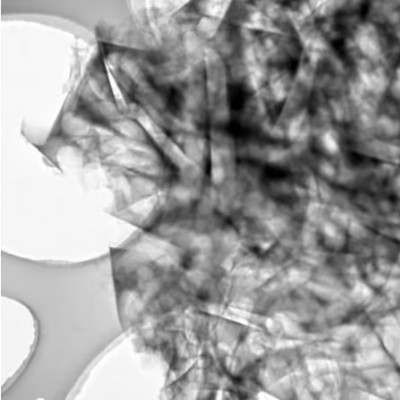
2022-12-20
Visited : 908
Chinese startup Caiqi Xin Cailiao - the last two words translate to "new materials" - is preparing to mass-produce graphene, a new material for electric double-layer capacitors, in the near future.
Electric double-layer capacitors, also called supercapacitors, are expected to serve as an alternative to storage batteries. Caiqi has already completed mass production trials and a fundraising round of about 10 million yuan ($1.4 million).
As electricity storage devices, supercapacitors have the potential to replace conventional batteries. They do not cause any chemical reactions in the process of charging and discharging. They store and release power through physical reactions in electrostatic fields.
Without chemical reactions, there is also no associated deterioration. In addition, supercapacitors also do not generate heat, and their life cycle is 100 times that of lithium-ion batteries.
Electrode materials account for between 30% and 40% of a supercapacitor's costs and also affect performance. The main materials are activated carbon, metal oxide and conductive polymer. Graphene is expected to serve as an advanced alternative electrode material.
Graphene was discovered by two British scientists in 2004. It is an extremely thin and hard nanomaterial. It is superior in terms of electric conduction and heat conduction.
According to Caiqi founder Li Jianhui, most of what is currently mass-produced and sold as graphene is actually graphene oxide, a derivative that lacks the thin and hard characteristics of graphene.
The company says it has successfully developed high voltage-resistant and high energy density graphene for supercapacitors and is building a 150-tonne production line.
At present, China imports 90% of its activated carbon, the most-used electrode material, mostly from major Japanese chemical maker Kuraray. Caiqi is poised to take on Kuraray in the market with its supercapacitor graphene.
Although supercapacitors can be charged and discharged in a short time and used in many conditions, they so far have not been used on a large scale due to cost constraints, Li said.
But Caiqi, which has a cost advantage, can "open up" new application scenarios, and graphene will no longer be confined to laboratories, Li said.
Read the original article on Nikkei Asia.